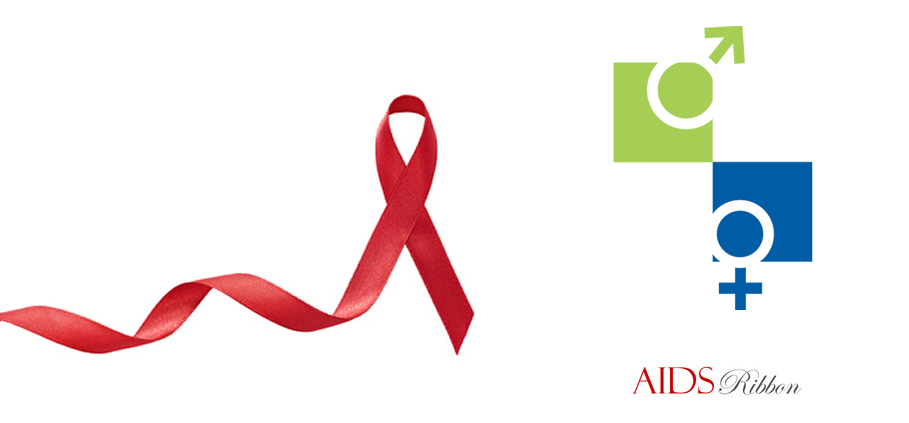Latest News
Human Sexuality
Anastasios D. Kalantzis, Surgeon Urologist-Andrologist
“They regard me rather as a monomaniac, while I have the distinct feeling that I have touched on one of the great secrets of nature ”. Sigmund Freud
The greatest mystery is what’s closest to us. Psychology and other social sciences consider sexuality as the most decisive and crucial factor for the formation and development of human psychism.
Prior to the yar 3.000 BC, that is at the beginning of written history, there is few evidence or indisputable proof regarding the relationship between the two sexes. The prehistoric family had as a point of reference the woman, since the maternal relationship was the only one which had distinctive differences, compared to all other types of relationships. These groups were organized according to a descent system, which means same mother origin, an the main organization structure was matriarchic. Originally people were sexually unrestrained. There was polygamy, which means that a person had several mates with whom the sexual and emotional companionship was occasional and changed frequently. Before the Neolithic revolution, men and women shared, more or less, the same social status. After the Neolithic revolution, when humanity emerged in the light of written history, there was no longer doubt that the man, rather than the woman, was the “boss”. Nevertheless, overcoming the material needs, the primitive people enjoyed complete sexual freedom. There were no philosophers, no doctors or religions interfering with the most personal affair of people, that is their sexuality, trying to regulate it arbitrarily. [1]
In Ancient Egypt Sexuality was unrestricted, free of guilt or taboos. Sex was an important part of people’s lives, from the time of their birth till death and rebirth. Gods themselves were “earthly” enough to copulate. Furthermore, the Egyptians believed in sex in the afterlife.
In the works of Homer, Hesiod and Plutarch, in Plato’s Symposium and many more ancient texts there are plenty references in human sexuality. The Ancient Greeks gave their gods and goddesses a more human dimension with human weaknesses, passions and faults. Brothels have existed already since the beginning of the 6th century BC, when they were established and licensed by Solon the Lawgiver. Ancient Greece was characterized by a form of flagrant and manifest androcracy, symbolically expressed with the worship of the “Phallus”.
Fathers would give dowry to men in order to marry their daughters, so that they could get rid of them. The role of married women was to bear legal offspring and take care of the household. For the sexual pleasure of men there were hetaeras and concubines, while homosexuality was widespread and socially accepted. Most women found satisfaction in masturbation and homosexuality, while a small percentage of them managed, aided by panders, to satisfy their sexual needs with other men. The authority and violence – a common phenomenon of this era – exercised by men on women in ancient Greece was both social and sexual and was considered a right deriving from the men’s domination over women. [2]
In 44 BC, Augustus succeeds Julius Cesar to the roman throne and around 10 BC put into force laws that promoted the family values. Childless couples are punished, unmarried people were taxed and adultery became penalized. While paid sex wasn’t acceptable by the noble, it was accepted as a lifestyle and finally became the simple and legal alternative to adultery.
Therefore, the respectable women were protected thanks to the services provided by the prostitutes, but they had to be also identified by men. For this reason the first system for recording of prostitutes was established. Within this system frame, the prostitutes should declare their name, age, place of birth and pseudonym in order to be given the “license” that would give them the right to exercise their profession. At the same time a strict dress code was imposed in order for the prostitutes to be easily distinguished from the respectable women. Initially the Emperor was involved with the sex business for moral reasons, but later this involvement continued for purely economic reasons when, in 40 AD, Caligula imposed a tax on prostitution, which collected great profit in the treasury of the Empire.
“Rome” is the center of the Empire, the center of wealth and power and, consequently, the center of sex, and follows the tastes and particularities of its governors.
Because of the limitations and restrictions set by society, the lapse of time and the development of various civilizations and religions, the sexual drive ended up, from being a basic instinct and fundamental need, to be considered a taboo in many societies. In the same way, the sexual intercourse became restricted in having a solely reproductive role, causing, in many cases, feelings guilt and of shame.
According to Foucault, sexuality started to be considered as part of human nature in the 19th century. Therefore, sexuality became a means for determining what is “normal” and what the limits of “normalcy” are, and include anything beyond these limits in the sphere of psychopathology.
For the famous psychologist Abraham Maslow, sexual drive is among the fundamental needs of man, therefore equal in value to hunger and thirst and all other biological needs necessary for survival. As Maslow mentions in his theory, a hungry person, and generally a person who has not satisfied their fundamental needs, cannot ascend to higher levels of psychological and existential needs, such as love, companionship, friendship, professional and social success, inclination to arts, romanticism, meditation and self-fulfillment.
According to the father of the psychoanalytic theory, Sigmund Freud, sexual drive is an energy which becomes activated in a very early age and allows people to be attracted to each other. If not released, this energy is turned into repressed energy and manages to be channeled out through specialized forms of erotic expression, such as words of love, poetry, love songs, erotic dancing and generally arts, reveries and dreams [3].
Freud continuously studied his patients’ files seeking the common principle characterizing them all. He concluded that the problem of his patients was the sexual drive, which he called “libido” and which he thought was able to cause mental disorders when this fundamental instinct enters in conflict with guilt and shame.
Human sexuality is the way people experience and express themselves as sexual beings. Human sexuality includes a series of social activities, a plethora of behaviors, actions and social issues. Biologically, sexuality covers the sexual contact in all its forms, its concerns regarding what is “normal” or not and the psychological aspects and connotations of sexual behavior.
It is the way in which the person declares their sexual orientation, selects their sexual partner, fulfills the conditions of their own needs as well as the terms of the social acceptance of his immediate social environment and achieves their compliance with the social reference codes and acquires cultural value and moral and social identity. [4]
“My opinion is this: that love is the most ancient and respectable of the gods and that he, more than anyone else, can contribute so that people can achieve virtue and happiness, as long as they live and when the die” Plato, ‘Symposium’
Documentation
1. Andreas Patsalidis, Gynecologist. “Human Development and Sexual Behavior”, 04/10/2009, www.paidiatros.com
2. Andreas Petridis, Pediatrician. “Sex in Ancient Greek Civilization” 04/10/2009, www.paidiatros.com
3. George Poyiatzis, Psychologist. “Human Sexuality”, 04/10/2009, www.paidiatros.com
4. Thanos Askitis, Neurologist-Psychiatrist. “Sex and Sexual Behavior”, 09/12/2008, www.askitis.gr 5. Plato’s “Symposium”




